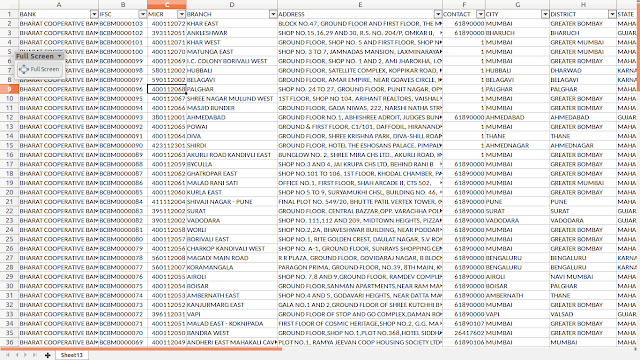Time Management - Brief Note
Time management is a critical skill that can help you achieve your goals, increase productivity, and reduce stress. Here are some tips to help you manage your time effectively:
Set clear goals: Start by identifying your priorities and setting specific, measurable, achievable, relevant, and time-bound (SMART) goals. This will help you focus on what's important and stay motivated.
Create a schedule: Plan your day in advance by creating a schedule that includes both work and personal tasks. Use a calendar, planner, or task management app to keep track of deadlines, appointments, and commitments.
Prioritize tasks: Use the Eisenhower matrix to prioritize your tasks based on their urgency and importance. Focus on the most important tasks first and avoid distractions.
Eliminate time-wasters: Identify activities that are not important or that are taking up too much of your time, and eliminate them. This could be anything from checking your email too often to spending too much time on social media.
Take breaks: Regular breaks can help you avoid burnout and increase productivity. Take short breaks throughout the day to rest your mind and recharge.
Learn to say no: One of the most effective time management strategies is learning to say no to unnecessary tasks or commitments.
Delegate: If you find yourself overwhelmed, consider delegating tasks to others. Not only will this free up your time, but it will also help others develop their skills.
Reflect: Take time to reflect on your time management strategies at the end of each day or week. What worked well? What didn't? What can you do differently? Use this reflection to make adjustments and improvements.
By implementing these time management strategies, you can increase your productivity and achieve your goals. Remember, time management is an ongoing process, and it takes practice and patience to master. Stay motivated and consistent, and you'll be amazed at how much you can accomplish.
